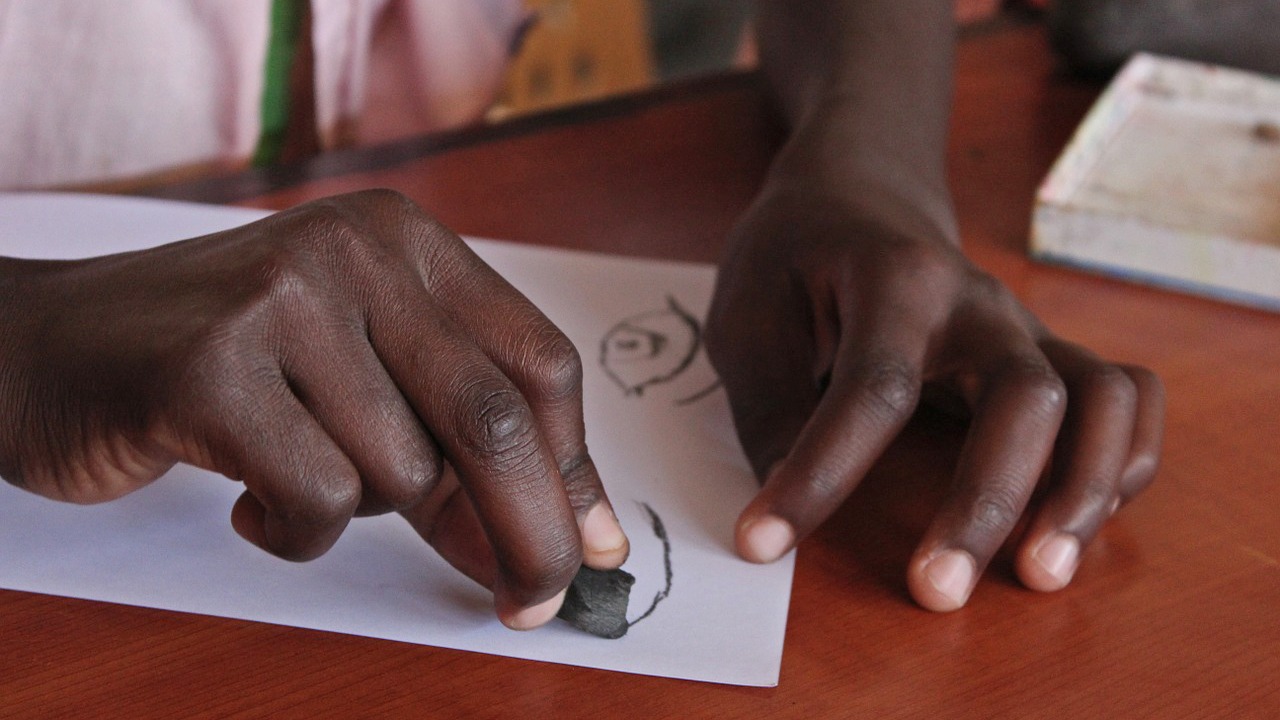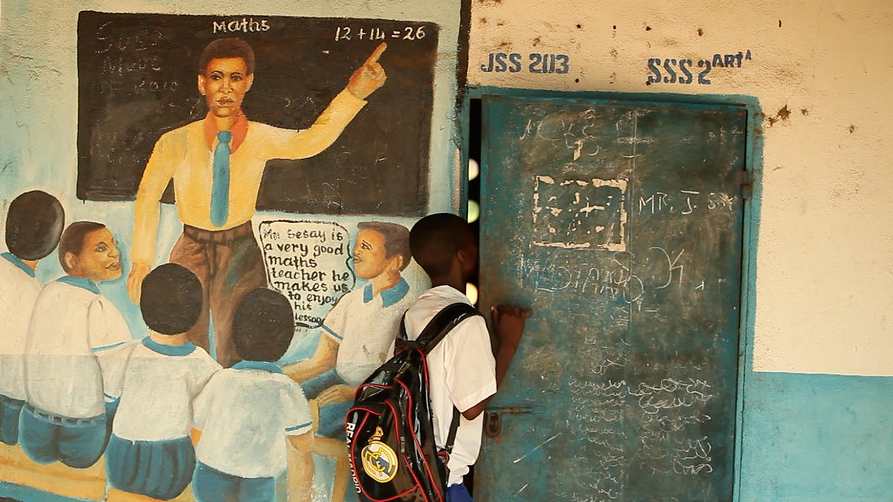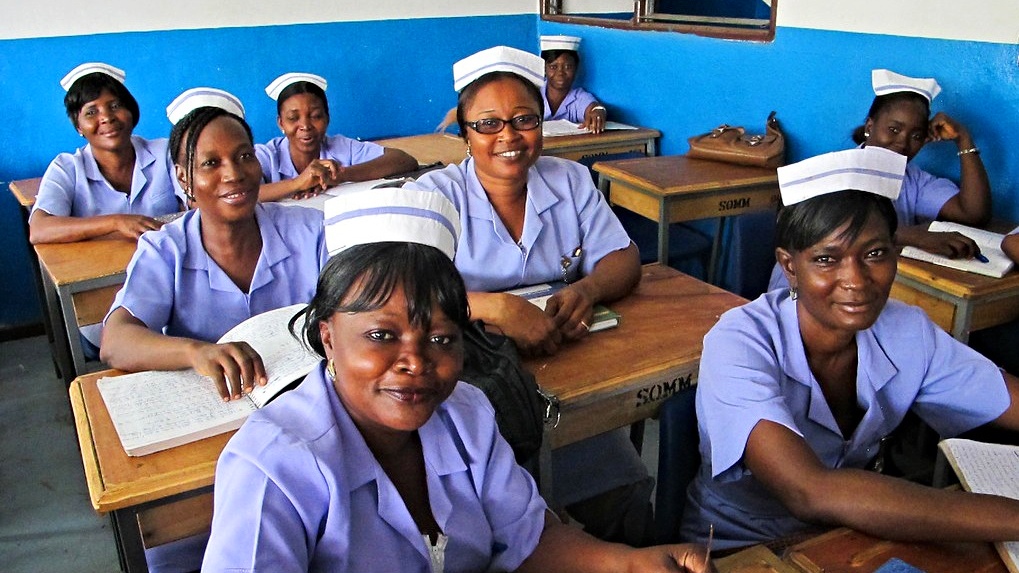In Sierra Leone, a rise in young girls seeking personal relationships for financial security is contributing to a rise in teenage pregnancies. Amid positive signs of increasing visibility of women in the workplace, Mohamed Hashim Rogers says proper change requires further employment opportunities.
This post is part of Njala Writes, a blog series resulting from a writing workshop hosted at Njala University, Sierra Leone in June 2019, in collaboration with the LSE Firoz Lalji Centre for Africa.
In Sierra Leone, there are outcries over the increase of teenage pregnancies in the country, where it is generally frowned upon for teenage girls to enter into relationships with men before marriage. The issue of teenage pregnancy has become so alarming the Office of the First Lady has launched a project, ‘Hands off our girls’, to, among other things, end child marriage and empower women.
But rather than condemn these so called ‘tap-to-me‘ relationships outright (a co-habiting, unmarried relationship unblessed by the parents), we need to consider why young girls enter into relationships that are perceived as morally wrong.
Unmarried teenage girls, in some instances, are determined to go beyond what is socially deemed inappropriate in order to secure for themselves a brighter future. They choose to enter into relationships with men who have the capacity to financially support them, which enables some young girls to advance in diverse workplace training. Discussions I had with young girls in Aberdeen community, Freetown, in May 2019 revealed these determinations. In an interview Dada, age 21 years, told me, ‘I want to be part of the decision-making body in future, so I have a boyfriend who is handling my financial burden.’
It then follows that if the government and non-governmental agencies could provide the necessary resources and climate to enable young girls to enter enterprises of their choice, this could minimise and even eradicate girls’ need for pre-marital relationships. It will consequently reduce teenage pregnancy which threatens teenage girls’ development.
A lot of women are denied this opportunity to demonstrate their potential. A substantial number of young girls (15–21 years) in the most resource-stricken communities have boyfriends who by design pay their bills and honour major financial demands. Juda, aged 20 years, explained, ‘My parents are poor but a “sugar daddy” is paying my fees and looking after me’. In cases like Juda’s, the girls become part of the family, playing the role of a wife instead of finding work.
However, educated women in respected communities have created positive competition with men in the search for job opportunities. In almost all institutions in Sierra Leone, female representation at managerial levels is increasing. Educated women have established networks that cater for their colleagues who they consider vulnerable.
Moreover, over the past five years there has been a drive to increase female representation in parliament, pointing to the determination of women to be given their rightful place in national development. Women are finally recognised for the new ideas they bring, highly consultative approaches and the ability to draw the attention of authorities to institutional needs affecting women.
Creating active roles and gainful employment for young girls will help to secure women a better future, addressing the issue of teenage pregnancies, unwanted ‘tap-to-me’ relationships and a more informed approach to the country’s progression.






Interesting piece. I might add, that these relationships are not always “unblessed” by the parents. Often times the parents often turn a blind eye or other times encourage these relationships as it takes off financial burden from them. This is when it becomes problematic because sometimes young women/girls are exploited so that they can take care of their families. Let us not forget Ebola, where many girls were left orphans without parental figures and were pushed into the hands of sugar daddies by extended relatives.